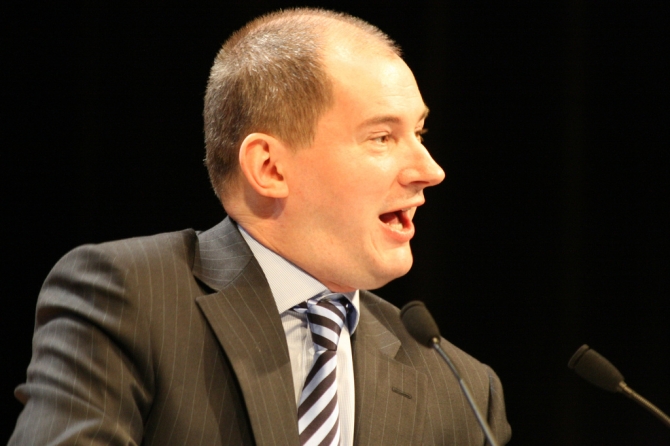The issue of business rates remains one of the most contentious within the British economy, with retailers in particular calling for the Government to address problems within the current system as a matter of urgency.

Although steps such as capping the Retail Price Index (RPI) increase to 2 per cent for the next two years and extending the Small Business Rates Relief programme have already been taken, groups such as the British Retail Consortium (BRC) believe still more can be done to aid growing businesses in a time of economic uncertainty.
Now the issue has come to the forefront once again after reports, initially appearing in The Independent, suggest that the Government has overcharged firms around £2.1 billion on their rates bill.
Businesses and industry experts claim that the Valuation Office Agency (VOA) has failed to uphold successful appeals by businesses and have called for the money to be refunded.
The VOA, which conducts property valuations on business premises throughout England and thus determines the rateable value of each commercial property in the country, has a 3.6 per cent allowance of the total business rates bill to use as a refund for businesses able to successfully contest the cost of business rates they must pay. However, according to official figures, only 1.4 per cent of the total pot has been distributed to successful claimants in the past four years.
This, industry experts estimate, has cost bill payers around £2.1 billion over a five year period assuming the number of appeals follows the trend of the past four years. As the VOA must remain revenue neutral, and therefore not make a profit from business rates, this has left many businesses wondering exactly where all of this excess cash has gone.
Deputy chief executive of the British Independent Retailers Association, Michael Weedon, has again called upon the Government to reform the current system.
He says; “The whole business rates calculation is a monstrous complexity which stretches to 200 pages – the whole system is very opaque.
“One of the ways they can avoid arbitrary calculations like this is getting the valuation right in the first place.
“If they simplified the system that would reduce the number of appeals, then they wouldn’t need to come up with these decisions on how much to allow for appeals.”
However, in response the Government has insisted that the present system is fair. Communities Minister Stephen Williams (pictured) points out that the Government has already channelled a huge amount of funding into supporting British businesses, the effects of which will still be felt in 2016.
He says; “The government has already capped the multiplier for 2014 to 2015 at below inflation as part of a broader £1 billion package of tax cuts to business rates for local firms and local shops.
“At each rates revaluation, the government is required by law to adjust the multiplier to reflect the cost of future appeals – this has been the case since 1990.
“The business rates revaluation process is designed to be revenue neutral and not raise any extra money for the Exchequer.”
Previous Post
Hiring Intentions rise at Fastest Pace in 16 Years